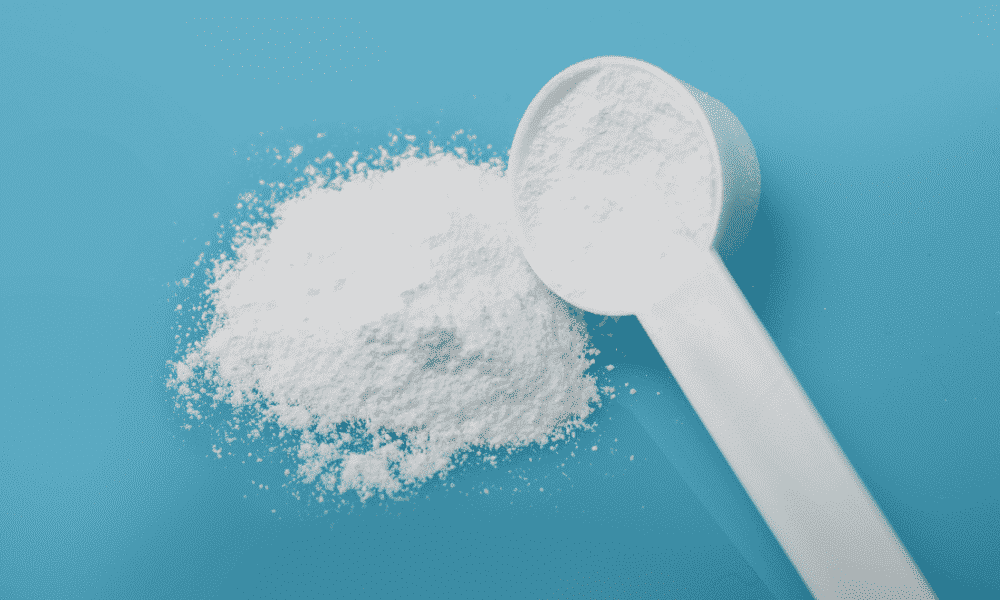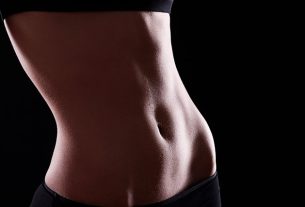Used as an exercise supplement, creatine is excellent for energy. However, creatine for hair is also beneficial.
Have you heard about keratin? And creatine? Despite having similar names, the two proteins are not the same thing. However, both are equally beneficial and necessary for your hair. Optimized for those who practice physical exercise, creatine enhances the results of training. But its function goes beyond that: creatine for hair is the ideal option for those looking for a good way to rebuild hair.
Even though its primary use is based on vitamin supplementation for training, the beauty world is gradually introducing creatine for hair as an alternative treatment. This way, you can take care of your locks and make them even stronger and healthier. The protein works to combat the fragility of the hair, as well as recovering shine and eliminating porosity. In this way, a solution is offered to those who have been damaged by extensive and aggressive chemical procedures.
Furthermore, creatine also has much fewer particles than keratin, for example, which makes its absorption easier and deeper into the hair fiber. However, it is important to pay attention to the restrictions on the use of the amino acid and understand how it should be administered correctly. Check below everything you need to know about creatine for hair, as well as its benefits and the difference between the protein and keratin.
What is it?
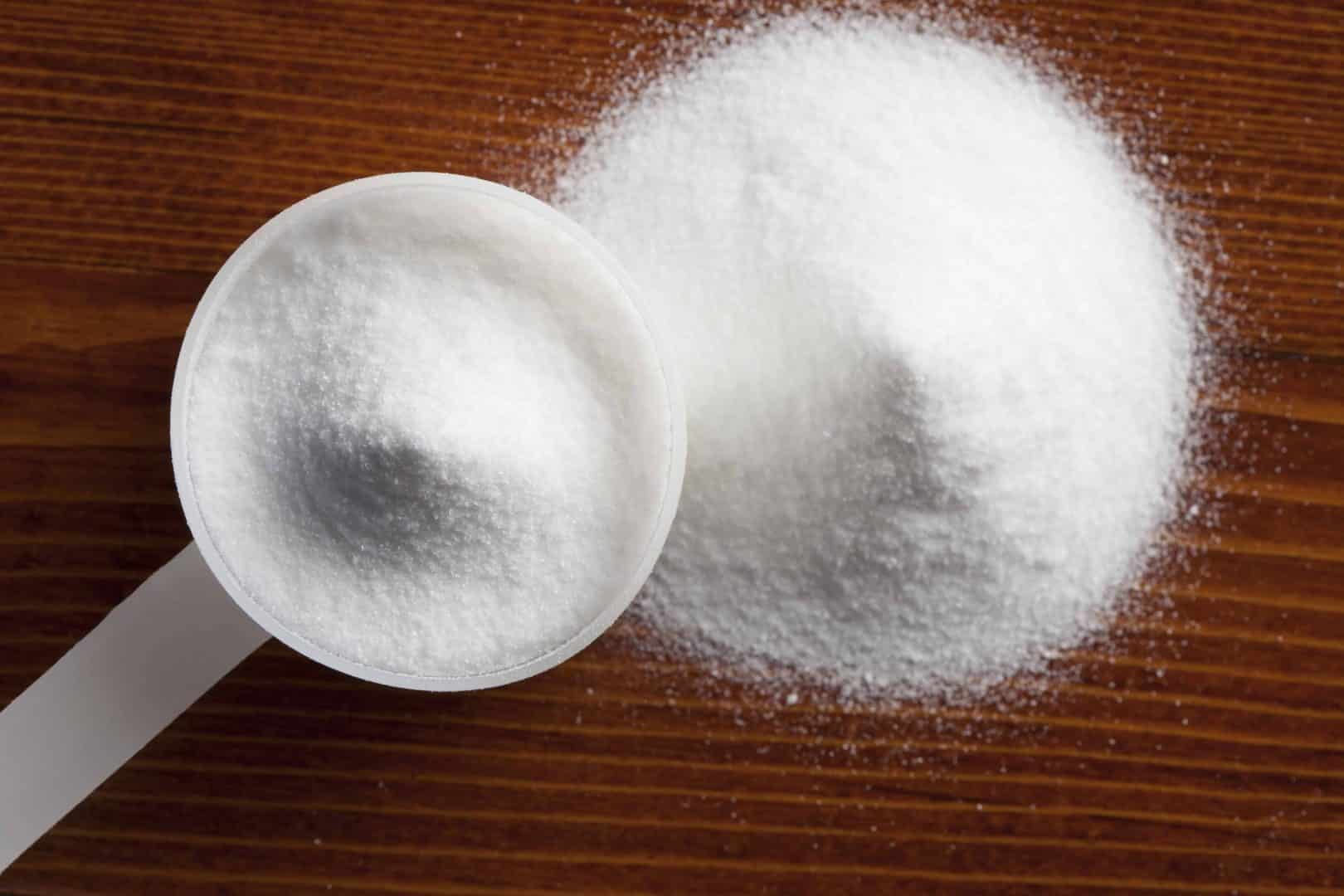
Creatine is an amino acid composed of methionine, clayline and glycine, ideal substances for increasing hair resistance and healthy hair growth. The human body produces protein in small quantities, but connecting the process to physical energy. Therefore, it is common for it to be used by sports practitioners, with nutritional monitoring. For locks, however, creatine still works as a repairer for damaged locks, mainly due to very aggressive chemical procedures.
Likewise, it is possible to mention other proteins present in hair fiber that are as important for its composition as creatine, such as keratin. Protein deficiency is often the reason for hair becoming weak and brittle. Thus, when replaced, it is possible to recover its original structure.
Creatine has been increasingly used mainly because it has tiny particles, which penetrate well into the hair and reduce the saturation effect. It is caused by excess protein, the well-known rebound effect, which leaves the hair even harder than it was before treatment.
How to use creatine for hair?

It is extremely simple to find the protein to start the treatment, as the active ingredient is present in most hair masks focused on rebuilding hair. However, the method of application may vary, and it is essential to pay attention to the exact precautions and instructions for use. Creatine should not be applied excessively, as it can leave hair stiff and prone to breakage, causing a rebound effect.
Normally, however, creatine is not isolated, but rather works together with keratin, functioning as its enhancer. The active ingredient is able to reach areas where the other substance does not penetrate, as its particles are considerably larger, while those of creatine are tiny. Thus, the combination of amino acids recovers the locks and also creates a layer of protection against chemical and climatic aggressions.
When to use
There is no exact period in which creatine should be used, but it is ideal to include it in hair care after any chemical procedure that damages them. It is these straightening treatments, whether permanent or coloring, that weaken the hair fibers and make the use of the active ingredient necessary. Furthermore, the frequent use of thermal appliances such as straighteners and dryers may also require saving the protein, as they are also capable of damaging the locks.
Creatine x Keratin
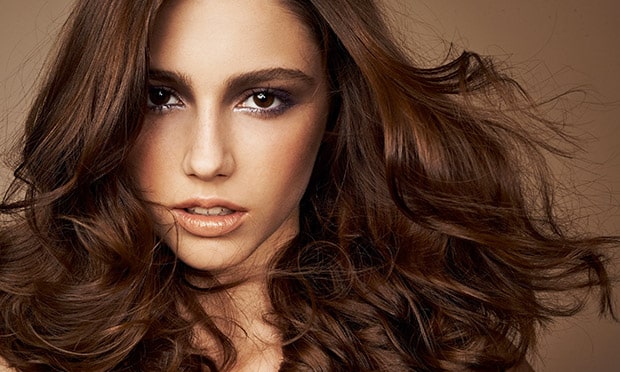
Even though the two assets have very similar names, it is important not to confuse them. First of all, the difference starts with size: while keratin has larger molecules, creatine is smaller, penetrating more easily and deeply into the hair. However, keratin is still equally essential. Representing 85% of the hair composition, its absence or deficiency can greatly harm hair health.
In any case, it is normal for both to act together, reaching areas where one may not act as well as the other. Creatine, for example, works as a keratin enhancer: while one acts on the surface of the hair fiber, the other helps with absorption. Thus, intense cleaning and complete reconstruction is provided.
Creatine controversy
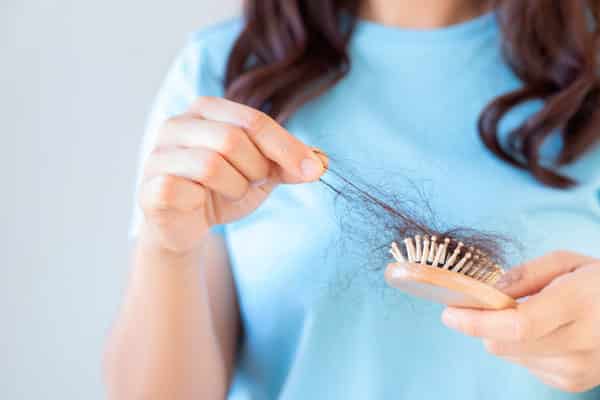
Despite being an extremely important asset for hair health, there are studies that indicate that creatine is responsible for increasing DTH, or dihydrotestosterone. The hormone located in the hair follicles is produced in the body and its function is to kill the cells that produce hair strands. This occurs so that nutrients are prevented from reaching the follicles, thus reducing the hair’s protection and, often, closing them completely.
Even if there is no absolute confirmation that creatine is the reason for hair loss, any adverse reaction to the active ingredient should be consulted with a doctor. With caution and without exaggeration, the active ingredient can do wonders for your hair, but nothing that is used in excess is recommended. So that vitality, shine and strength can be recovered, it is necessary to manage the use of protein responsibly.
So, what did you think of this article about creatine for hair? If you are interested, take the opportunity now to check out Keratin – What it is, how to replace it and benefits for your hair
Sources: Hair, All Things Hair and L’Oréal Paris
Images: Leads Care, Reviewbox, Boa Forma, O Petróleo, PUC Minas and Espartanos

Sign up for our newsletter and stay up to date with exclusive news
that can transform your routine!
Warning: Undefined array key "title" in /home/storelat/public_html/wp-content/plugins/link-whisper-premium/templates/frontend/related-posts.php on line 12
Warning: Undefined array key "title_tag" in /home/storelat/public_html/wp-content/plugins/link-whisper-premium/templates/frontend/related-posts.php on line 13

